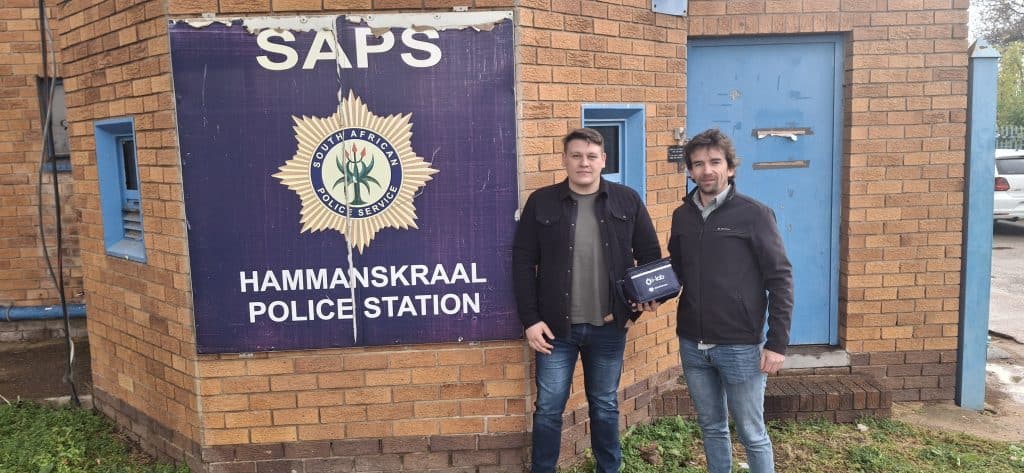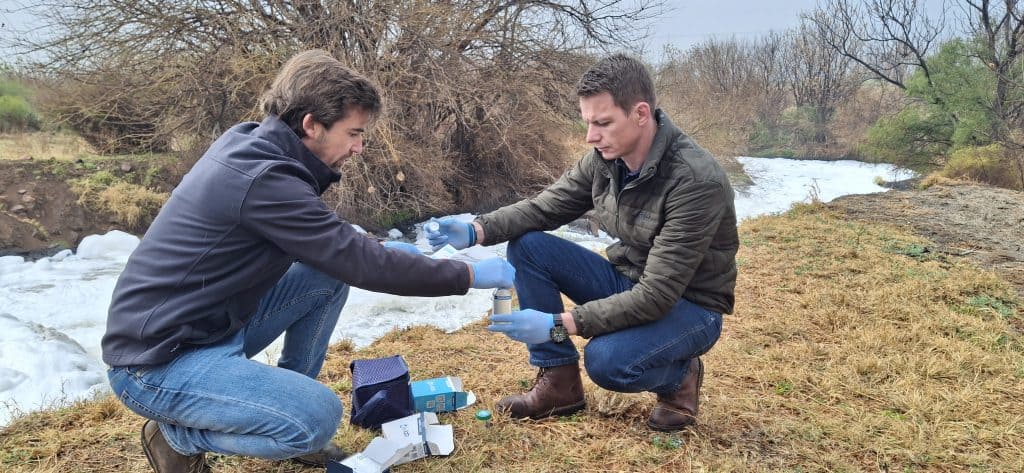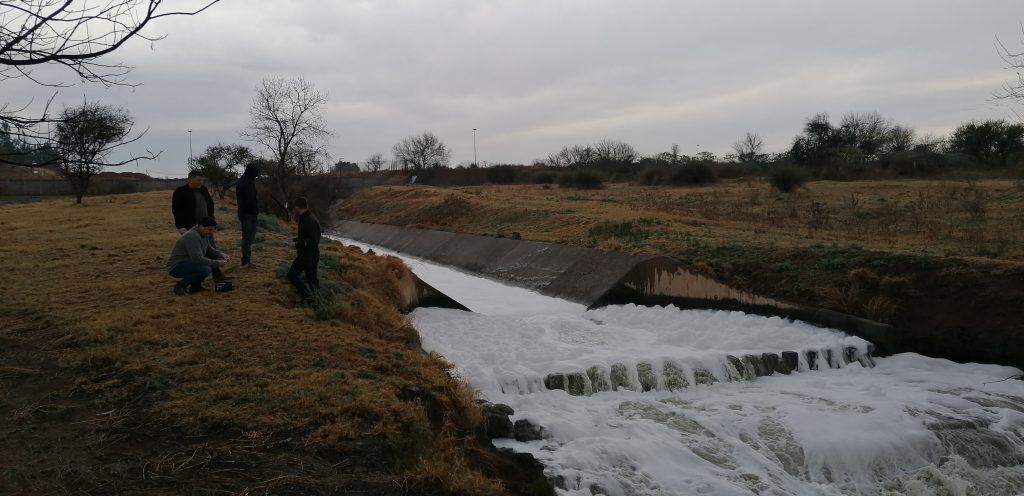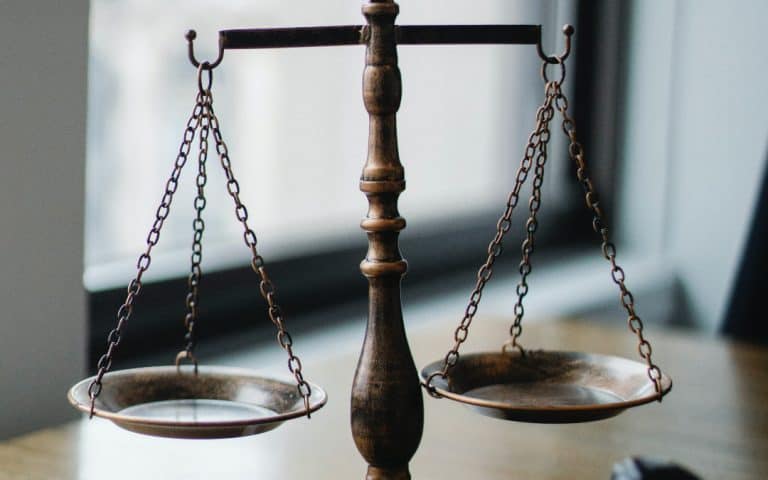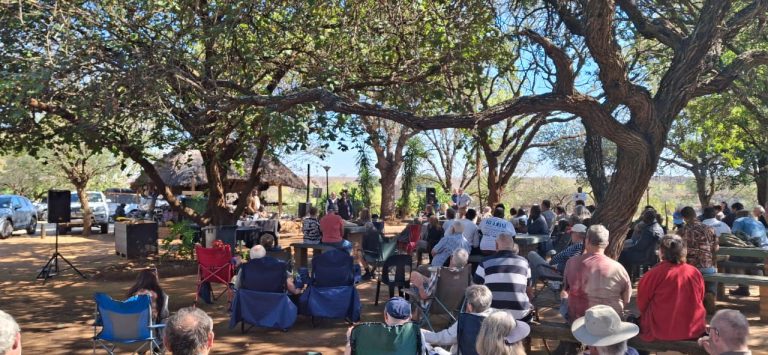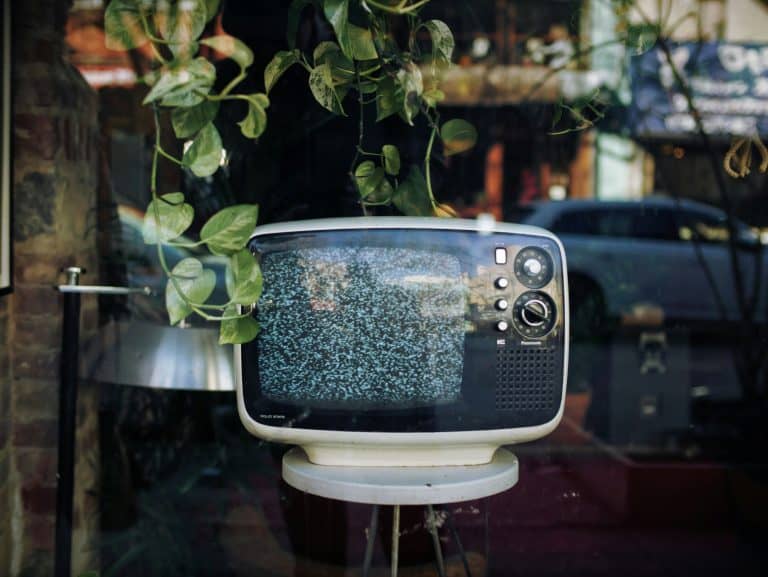AfriForum kicks off nationwide blue and green drop project
AfriForum today launched its national blue and green drop project as part of the organisation’s annual #CleanWater project. During this project, AfriForum branches from across the country are mobilising to test municipal drinking and waste water quality during August.
The aim of AfriForum’s project is to shine a spotlight on the country’s looming water crisis. The civil rights watchdog will once again fulfill an important monitoring function in 2025 by testing the quality of drinking water and processed sewage in almost 160 towns and publishing the results in a comprehensive report.
“If our tests indicate that the prescribed standards are not being met, AfriForum will ensure that communities are immediately notified of any dangers and urge the relevant municipality to resolve the problems as soon as possible,” says Marais de Vaal, AfriForum’s advisor for Environmental Affairs.
The first water samples for this year’s blue and green drop project were taken and tested today at the Hammanskraal SAPS and the Rooiwal Waste Water Treatment Plant, respectively. The results of these tests will be announced after the project is completed.
AfriForum also welcomes the Department of Water and Sanitation’s (DWS) positive feedback regarding the project, which recognises this organisation’s valuable contribution and commitment to improving water and sanitation service delivery.
The DWS’s own reports, most recently released in November 2023 and due to be released again at the end of the 2025/2026 financial year, have highlighted the extremely poor state of South Africa’s natural water resources and the decay of water infrastructure across the country. Some of the shocking facts include:
- 46% of all drinking water supplied in the country does not meet microbiological standards for safe human consumption. Furthermore, 28% of the country’s drinking water supply systems are in a critical condition and are on the verge of completely ceasing to function.
- Only 15% of waste water treatment plants in the country treat sewage to sufficient standards to be safely released into the environment. In addition, 67.6% of all waste water treatment plants in the country are in a high or critical risk category and are on the verge of ceasing to function altogether.
The result is that the quality of the vast majority of communities in the country’s drinking water and processed sewage is compromised.
“Because our rivers are polluted with raw or partially processed sewage, ideal conditions are created for the spread of waterborne diseases such as cholera. The same polluted rivers are also the source of most communities’ drinking water. Although this polluted river water must be purified before it can be supplied to communities as drinking water, the poor condition of a significant number of drinking water systems creates a substantial risk that South Africans could be exposed to unsafe drinking water. This could pose serious threats to their health,” warns De Vaal.
“The failures of local governments to deliver reliable water and sanitation services lie at the heart of our water crisis. Because the public no longer has confidence in government’s service delivery capacity, we test water quality ourselves so that communities can stay informed about the safety, or otherwise, of their drinking water and water resources,” adds Lambert de Klerk, Manager for Environmental Affairs at AfriForum.
